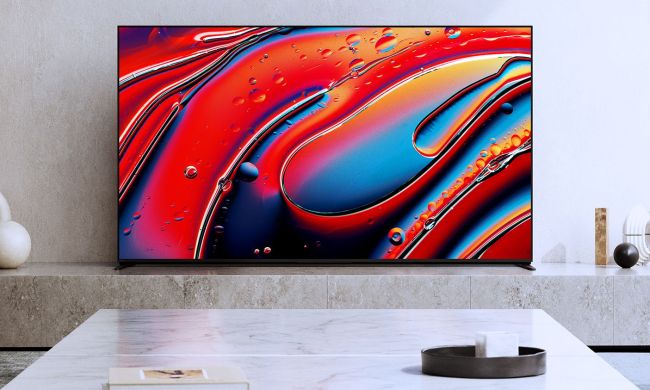Projectors can get pricey, but 4K projectors have been prohibitively so. If a company was going to shake up the market, the smartest move would be to release a 4K projector at a fraction of a price the competition goes for. Optoma’s new projector, the UHD60, does exactly that. The UHD60 is one of the first consumer-level 4K Ultra HD projectors available, with a sticker price of just $2,000 — a far cry from the tens of thousands of dollars many 4K projectors go for these days.
As its name implies, the UHD60 can project in full Ultra HD resolution (3840 × 2160 pixels at 16:9) at up to 300 inches. It also supports HDR, specifically the HDR10 format, so your gaming consoles, UHD Blu-rays, and plenty of streaming content will be fully compatible. An expanded color gamut, along with increased color brightness afforded by HDR, will be readily apparent, as the projector covers the DCI-P3 color space.
Another impressive spec on the UHD60 is its brightness of 3,000 lumens. This is brighter than what you will find on most competing projectors at this price, meaning the picture should pop in dark or dimly-lit rooms, and still be visible in brighter rooms — something many projectors tend to struggle with to this day. With the projector’s Dynamic Black setting enabled, Optoma claims the projector reaches a 1,000,000:1 contrast ratio.
As for physical design, the UHD60 has a white chassis, and its lens, which sits directly in the center of the front face, is equipped with vertical lens shift and 1.6 times zoom. These handy features should make adjusting the image to fit your screen/wall/sheet easier. To allow for 4K HDR playback, the UHD60 is equipped with two HDMI ports and is HDCP 2.2 compliant. It also has USB-A and USB 2.0, Optical audio out, 3.5mm audio out, VGA connection, and an Ethernet connection for network control.
The UHD60 is available now from retailers like Amazon, Best Buy and Beach Camera. For those in the professional crowd, Optoma also has another model, the UHD65, which is available for $2,500 through distributors like Full Compass, ProjectorPeople.com and Visual Apex.


